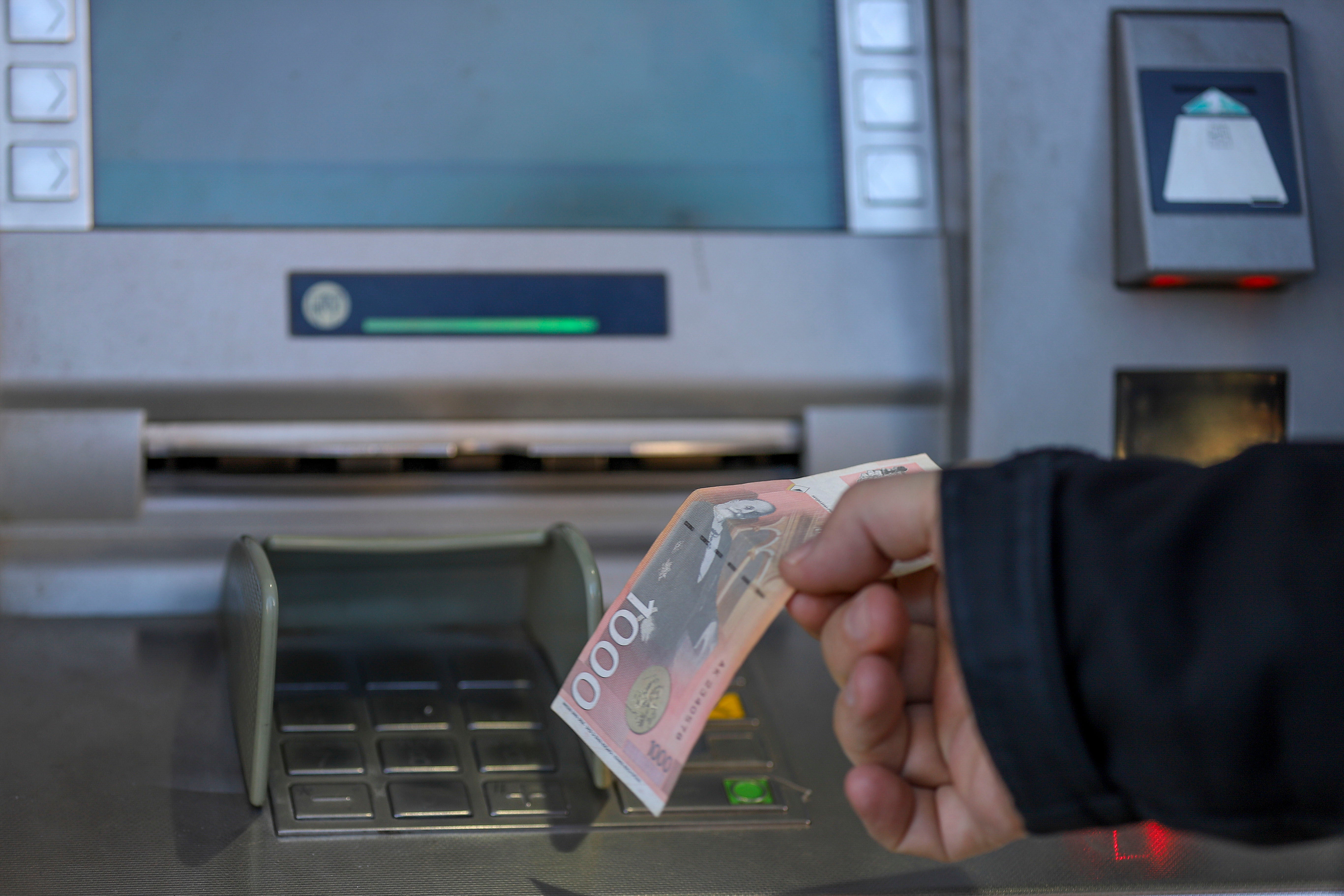EU reprimands Kosovo for closing Serb bank branches
The European Union has reprimanded Kosovo over the unilateral closure of six branches of a Serbia-licensed bank

Your support helps us to tell the story
As your White House correspondent, I ask the tough questions and seek the answers that matter.
Your support enables me to be in the room, pressing for transparency and accountability. Without your contributions, we wouldn't have the resources to challenge those in power.
Your donation makes it possible for us to keep doing this important work, keeping you informed every step of the way to the November election

Andrew Feinberg
White House Correspondent
The European Union has reprimanded Kosovo over the closure of six branches of a Serbia-licensed bank, saying the move would negatively impact the life of the ethnic Serb minority living in northern Kosovo and damage Kosovo-Serbia normalization talks.
On Monday, Kosovo police closed the branches of the Postal Saving Bank in line with the decision to ban the use of the Serbian dinar currency in the country.
Starting on Feb. 1, the government required areas dominated by the ethnic Serb minority in Kosovo to adopt the euro currency, which is used in the rest of the country, and abolished the use of the Serbian dinar.
Pristina postponed the move for about three months, following pressure from the EU and the United States, concerned that the decision would negatively impact the ethnic Serb minority in northern Kosovo.
An EU statement from Brussels, which was emailed to The Associated Press, considered the move as “escalatory … against the spirit of normalization,” adding that such “uncoordinated actions" by Kosovo put chances of reconciliation “at risk.”
Brussels and Washington are pressing both countries to implement agreements that Serbian President Aleksandar Vučić and Kosovo Prime Minister Albin Kurti reached in February and March last year.
The EU-facilitated normalization talks have failed to make progress, especially following a shootout last September between masked Serb gunmen and Kosovo police that left four people dead and ratcheted up tensions.
Most of Kosovo uses the euro, even though the country isn’t part of the EU. Parts of Kosovo’s north, populated mostly by ethnic Serbs, continue to use the dinar. Many Serbs there rely on the government of Serbia for financial support, often delivered in dinars in cash.
“In the continued absence of sustainable alternatives, this will have negative effects on the daily lives and living conditions of Kosovo Serbs and other communities eligible for financial transfers from Serbia,” the EU statement said.
Serbia's and Kosovo's chances of joining the EU one day are jeopardized by their refusal to compromise, according to the bloc’s foreign policy chief, Josep Borrell.
The EU again urged Kosovo and Serbia to return to the negotiating table.
Serbian forces fought a 1998-99 war with ethnic Albanian separatists in what was then the province of Kosovo. About 13,000 people, mostly ethnic Albanians, died until a 78-day NATO bombing campaign pushed Serbian forces away. Kosovo declared independence in 2008, which Belgrade doesn’t recognize.
Subscribe to Independent Premium to bookmark this article
Want to bookmark your favourite articles and stories to read or reference later? Start your Independent Premium subscription today.